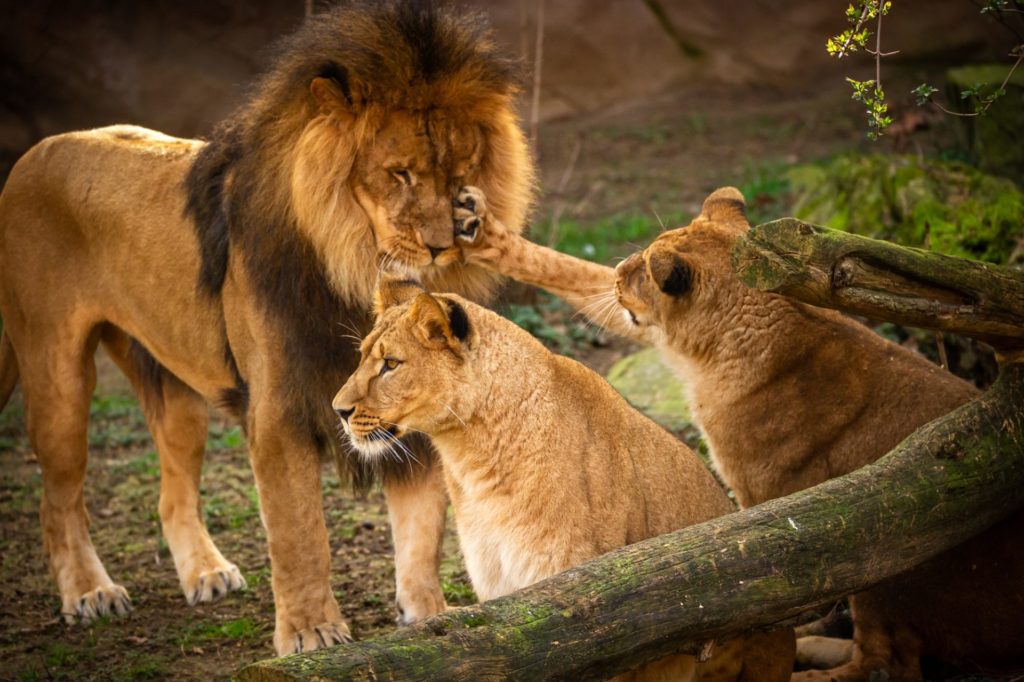The Antwerp Zoo is hoping for lion cubs this year now that its official lion king Nestor is ready to bond with the two lionesses that came over from the Czech Republic last fall.
The Zoo’s breeding program is critical for the survival of the endangered West and Central African lion.
Nestor was introduced to Kira and Tasa prior to the coronavirus closure in October. The two lionesses will be two years old in May, which is when they become sexually mature and able to produce cubs.
A gradual introduction of the lions was important to successful bonding.
“The introduction is a slow process: from smelling, hearing and eye contact to the final encounter. The ladies first got to know each other to build a bond. This went smoothly. Now they meet male Nestor. Everything happens to the rhythm of the animals,” explained animal care coordinator Patrick.
Related News
- Belgium’s GAIA is founding member of World Federation for Animals
- Terraces, travel, festivals: De Croo answers Belgians' Covid questions
Lions typically live together in groups with several females, their cubs, adolescents, and up to seven males. The docile Nestor was living with his older, dominant sister Caitlin, which made it difficult for him to bond with potential mates. An previous attempt was made but failed.
Following his sister’s death, Nestor has become more dominant, roaring regularly. The Antwerp Zoo is hopeful that a new attempt for mating will now be successful.
Lionesses usually give birth to litters of one to four cubs after a gestation period of just 100 days. The number of cubs is determined in part by the age of the lioness and her living conditions. If more food is available, she is more likely to have a larger litter.
“By participating in the new European breeding program, we want to save West and Central African lions from extinction,” says curator Sarah.
The African lion is endangered as a result of hunting, poaching, habitat loss, and poisoning by ranchers looking to protect their animals.
The number of lions is declining, with only 23,000 to 39,000 adults remaining.
Helen Lyons
The Brussels Times

